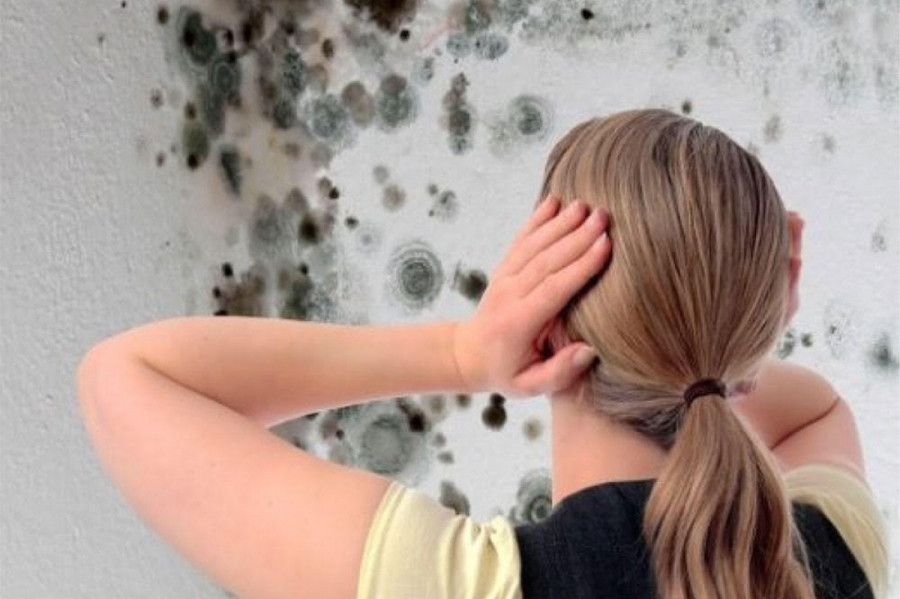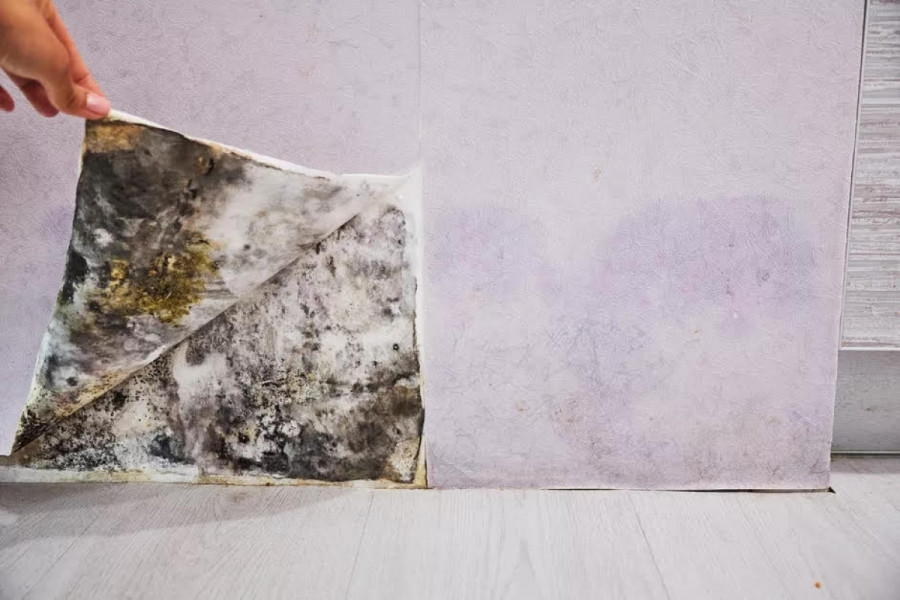
Submit a comment
Some types of mold can cause health problems, so mold removal is important for your home and your health.
1. Stop the moisture source
If mold is growing near a sink, bathtub, or toilet, you should prevent water from reaching those areas. Cover leaks in the roof or windows with plastic tarps until they can be repaired. Additionally, you should clean your sinks and bathrooms daily to prevent rapid mold growth.
2. Block off the moldy area
If possible, seal the moldy part of the house by taping plastic sheeting over the door. If the leak has been repaired and the area is dry, you should clean up the mold before using it again to prevent it from spreading to other areas.
3. Clean safely
When entering areas with black mold, wearing a mask is considered to be effective in preventing the inhalation of mold spores and disposable protective clothing or clothes that can be washed in hot water. In addition, when cleaning in moldy areas, you should use chemicals properly and clean the surrounding area thoroughly to avoid mold that can re-emerge in a short time.

Illustration
4. Dispose of cleaning materials properly
Place cleaning supplies, disposable protective gear, and plastic sheeting in sealed bags to prevent mold spores from moving to other areas. Also, if you use reusable protective gear, you should wash it thoroughly before drying it and using it again.
5. Repair leaks
Even a small leak can cause wood, drywall, plaster, and other porous surfaces to become a haven for mold growth. Check for leaks monthly and repair leaky pipes, fixtures, windows, and roofs promptly. Also, before installing pipes or roofs, consider using good quality materials to avoid having too many leaks that will cost you a lot of money to repair later.
6. Keep fabric and surface dry
Don’t leave wet coats, shoes, or towels in a pile in the bathroom or other areas with high humidity. It only takes two days for mold to set in, start growing, and smell musty. Instead, hang your wet items to dry faster. Also, make sure to wipe down the cabinets and tub with a squeegee after each use. You can also save time on tasks like mopping floors and doing laundry by using steam or opening the door when not in use to let the air dry the surface quickly.
7. Improve ventilation in your home
Make sure you are using fans in the bathroom and kitchen when cooking to remove steam and speed up drying. Adding ceiling fans and circulating fans is a great help when humidity is high. Opening doors and windows on dry, breezy days will help keep surfaces from absorbing too much moisture and will keep them dry.

Illustration
8. Use a dehumidifier
If the humidity in your basement or laundry room is too high – this can be a perfect environment for mold to grow quickly. So use a dehumidifier to remove moisture from the air.
9. Check drainage and ventilation system
You should always check and clean your ductwork at least once a year to prevent blockages or leaks that allow moisture into your home. Since mold spores are everywhere, even in dry climates, black mold or other toxic molds can form in your home, so annual inspections and cleanings are extremely important.
10. Install moisture barriers
Basements and corners are the most susceptible areas of your home to moisture, so you should install moisture barriers where necessary and use special coatings to ensure that soil moisture does not penetrate the space.
According to VOV